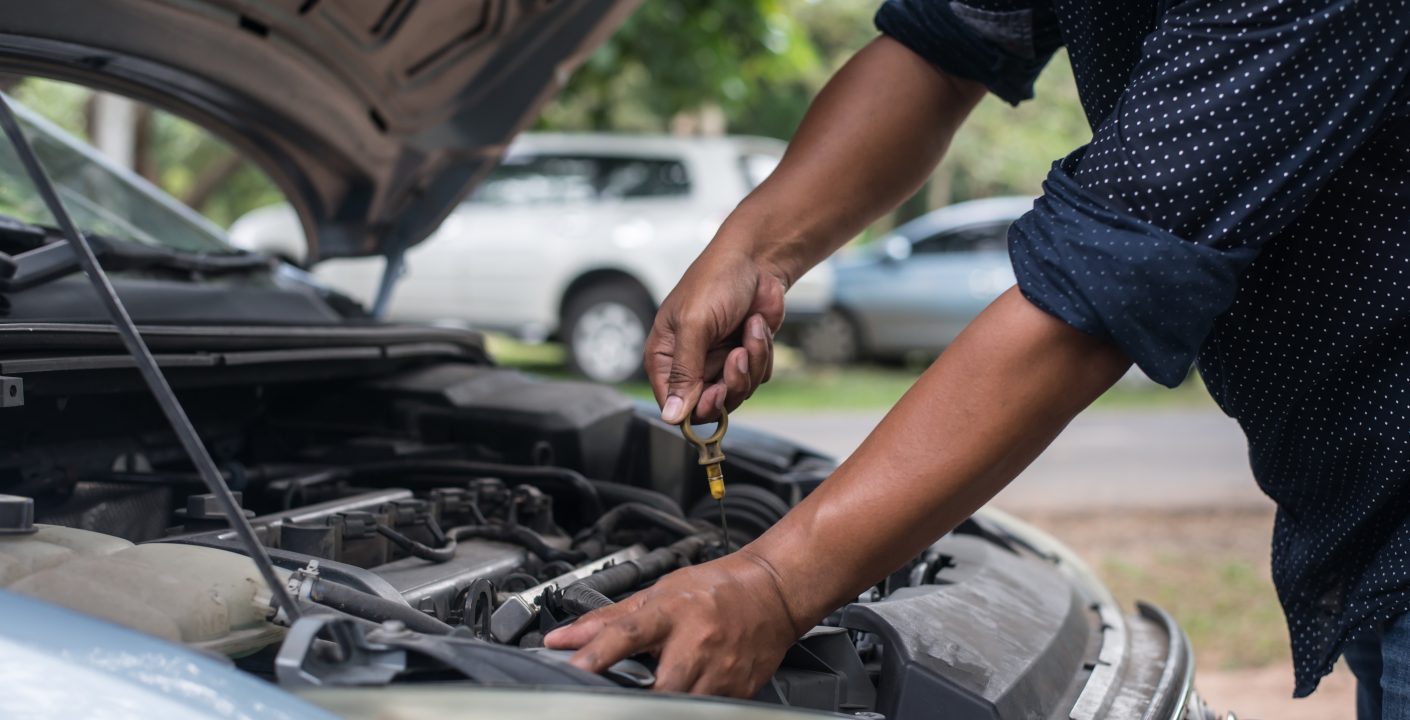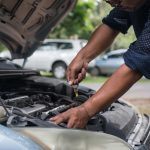What Happens When Water Enters Your Car Engine?

Driving through flooded streets or accidentally submerging your car in water can have disastrous consequences, particularly for your car’s engine. Water intrusion in an engine is a serious issue that can lead to significant damage and costly repairs. In this post, we’ll explore what happens when water enters a car engine, the symptoms of water damage, and the steps you can take to fix the problem.
What Happens When Water Enters a Car Engine?
-
Hydrolock (Hydraulic Lock)
When water enters the engine, it can cause a hydrolock. The engine is designed to compress air and fuel, but water, being incompressible, stops the piston from moving. This sudden stop can bend or break internal components such as connecting rods, pistons, and even the crankshaft.
- Corrosion and Rust
Water inside the engine can cause metal parts to rust and corrode. This particularly damages components like the crankshaft, camshaft, bearings, and cylinder walls. Over time, corrosion can lead to weakened parts and ultimately, engine failure.
-
Contamination of Fluids
Water mixing with engine oil can lead to a milky, frothy substance that compromises lubrication. This can result in increased friction, overheating, and accelerated wear and tear of engine components. Similarly, water in the fuel system can cause poor combustion and engine misfires.
- Electrical Issues
Modern engines rely heavily on electronic components. Water can damage sensors, connectors, and control units, leading to electrical malfunctions and potentially leaving the vehicle inoperable.
Symptoms of Water Damage in an Engine
- Engine Misfire or No Start: Difficulty starting the engine or rough running can indicate water presence.
- White Smoke from Exhaust: Excessive white smoke can be a sign of water vapor in the exhaust system.#
- Unusual Noises: Clunking or knocking sounds from the engine may suggest internal damage from the hydrolock.
- Milky Oil: Checking the dipstick and finding milky or frothy oil clearly indicates water contamination.
- Decreased Performance: Loss of power, acceleration issues, or stalling can be symptoms of water damage.
Water entering a car engine is a serious issue that requires immediate attention. By understanding the symptoms and taking prompt action, you can minimize the damage and repair costs. However, in severe cases, professional help might be necessary to restore the engine’s functionality fully. Always remember, prevention is better than cure, so avoid driving through deep water whenever possible.







